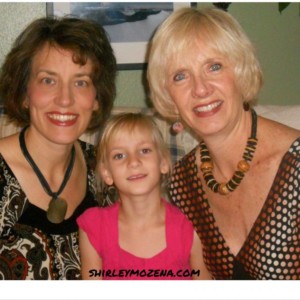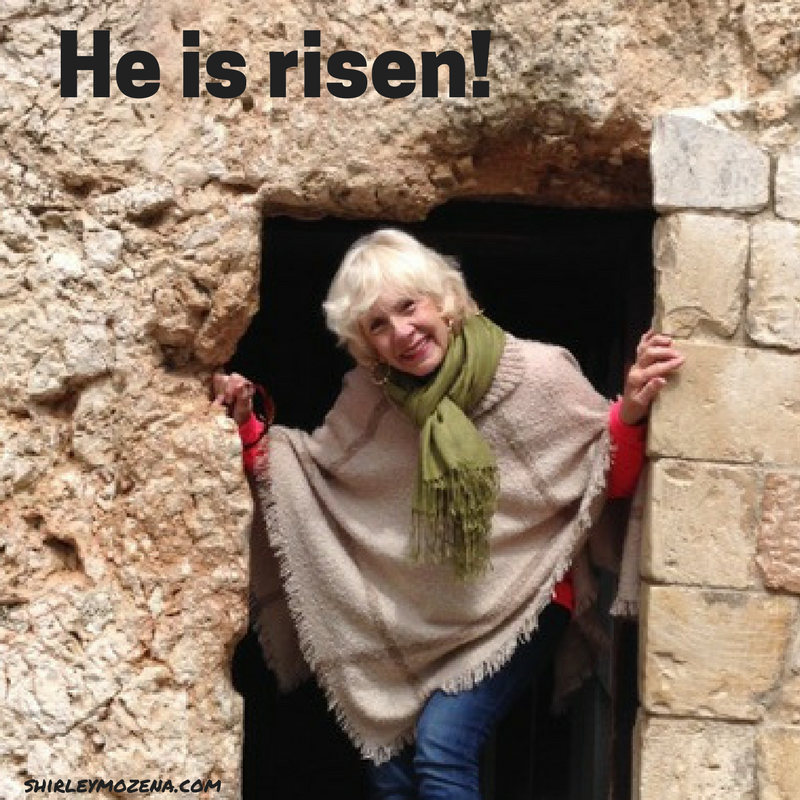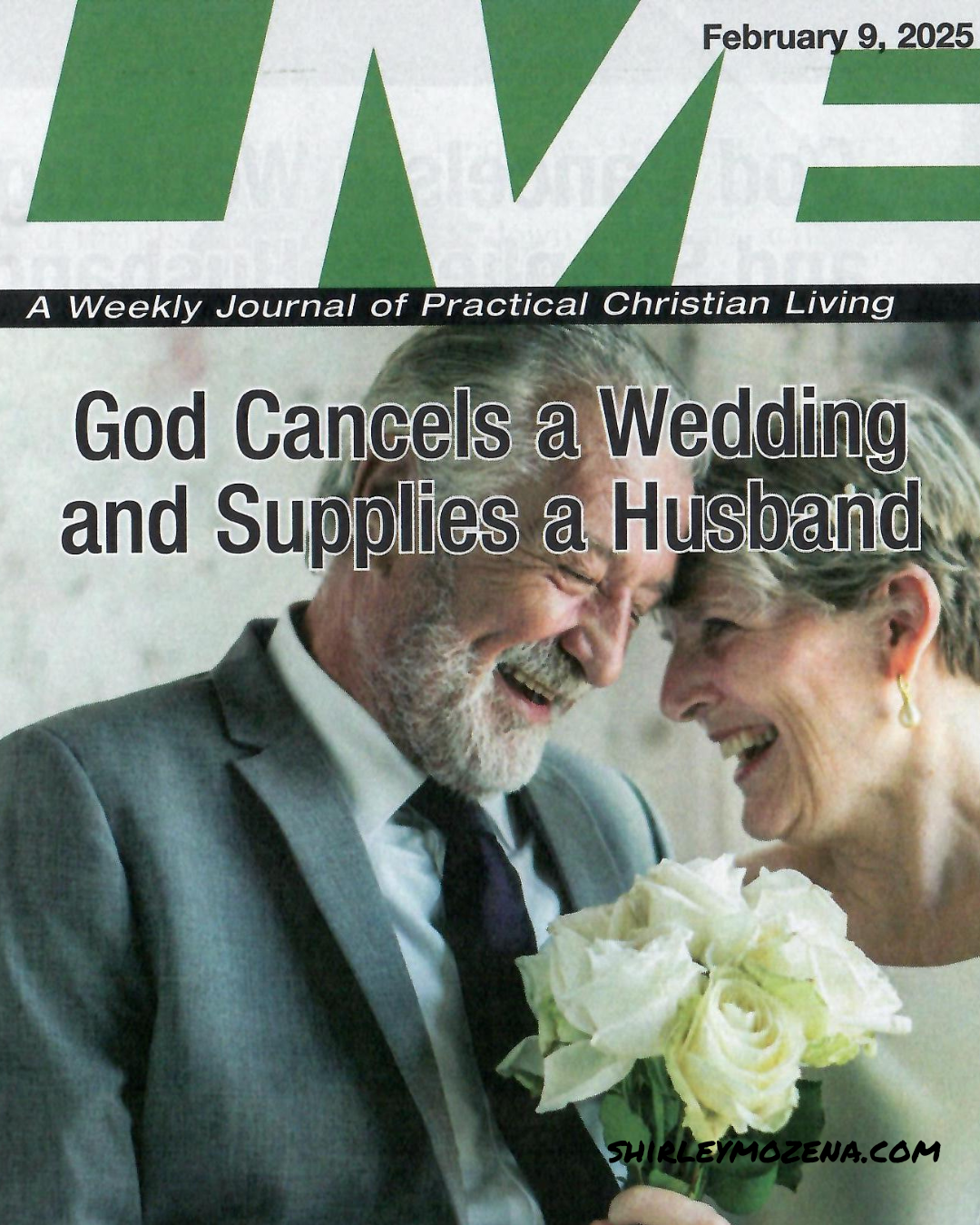June 13 marks a day I will never forget. Times have changed since that day in 1977. The medical community seems to handle still births differently than they do now. The miracle is how this baby, who never lived on earth, but went directly to heaven, influenced two generations of souls. Here’s Carrie’s story.
When I was four years old, I lost a friend to a drowning accident. When my brother and I visited her grave in Nebraska, many years ago now, I prayed to receive Jesus into my heart and life. About eight years ago, I told Jim about that experience. That’s when I realized my daughter and granddaughter had similar experiences also at age four.

Carrie Lynn Rudberg–Stillborn, June 13, 1977
The nightmare began on a hot June morning. The smell of blossoms was in the air and the windows were open to the warm breeze. In my thirty-fourth week of pregnancy, I noticed that my preborn baby, resting near my heart, was very quiet. Too quiet. Up until that time, the baby had been active and prone to hiccups.
I gave the baby’s bottom a nudge. “Come on Carrie or Matthew, wake up.” But there was no response.
After two days, I feared the worst. I called the advice nurse, who told me I should come to the hospital and get checked out. In the exam room, Bill and I watched as the nurse carefully place the enlarged stethoscope on my tummy—there were no infant monitors in 1977. The doctor came in and tried to listen many times. They sent me to ultrasound where I watched the little image on the screen, not knowing what it revealed.
“I’m sorry, Mrs. Rudberg,” the doctor said solemnly. “The baby is dead.” Bill and I sat stunned.
“In order for your psyche to get used to this,” he droned, “we’ll let you go home and wait for a few days. The labor will most likely take place on its own because the fetus is toxic to your system. We will call you after a few days if labor doesn’t begin.” What was he saying? My baby was toxic?
We left in silence. I stared out the window of our car, not seeing anything. When we got home, the children and my mother-in-law wanted to know what we found out.
“The baby’s dead!” I blurted, bursting into tears.
“I’m so sorry, Shirley,” Marian responded with a hug. We all sat, speechless. Erika looked quietly from face to face, too young to understand. Nine-year-old Todd said, “Can’t we pray and ask God to heal it and bring it back to life?” I was ashamed that I didn’t believe such a thing could happen. Why was my faith so weak? I didn’t answer his question.
Bill wanted to hold me, but I needed to move—to pace. It’s gone, I kept thinking. It’s gone. My baby is gone! The tears would not stop. “The kids are hungry. Should we get some dinner?” Bill’s voice broke. “I don’t like to see you so sad.” He grabbed me and held me in his strong arms. I relaxed and put my head on his chest. We held each other, unable to comprehend the news.
“I guess we do need to eat,” I said slowly.
“How about Skippers?” We drove to the casual seafood restaurant nearby, a family favorite. I wasn’t hungry but eating seemed the thing to do.
My family still needed clothing cleaned and meals prepared. The next day I washed clothes and hung them on the line in the warm summer air. I was surprised how normal everyone acted. I needed to go to the grocery store for milk and essentials but I dreaded leaving the house for fear of bumping into anyone I knew. In a sense, I was protecting them from the bad news.
To add one more fear to the mix, I was dreading the impending labor—which would only produce a corpse and not a living, breathing little one who would make our hearts happy.
It was a waiting game. Three days later, my doctor instructed me to come to the hospital where labor would be induced. After two more days, when Pitocin didn’t induce labor, they prepared to take the baby via Caesarian section. And then one more procedure was discussed. “It would be simple to complete a tubal ligation,” the doctor said. “For your future birth control.”
I looked down at my hands in fear. I didn’t feel ready for that decision, but I didn’t want to experience another loss like this. As with many institutionalized procedures, convenience for the hospital was the priority. There was no space for grieving parents to wait to make such a life-changing decision.
“I—I guess that would be okay,” I said. To this day, I wish I’d faced my fears and refused.
In order to spare my feelings, the hospital placed me in the orthopedic ward, away from mothers and their newborns.
“Mrs. Rudberg?” A dark-haired, petite young woman approached my bed.
“Yes?”
“I don’t want to upset you, but we need to know what to do with the body.”
I glanced down at my much less rounded tummy, a physical reminder that my baby was gone. My mind whirled as I tried to answer her. I was emotionally drained and said the first thing that came to my mind. “You take care of it.”
I stopped her when she bustled out of the room. “What was it?” I quavered.
“It was a female,” she said matter-of-factly, continuing out the door. “Female.” Not “baby girl.”
“I’m glad we didn’t set the crib up yet,” I said when we walked in the door at home. “What do I do with all of these things?” I gestured to the box of brand new infant clothes from the recent baby shower. I broke into tears and Bill held me tightly.
The summer days dragged by. I tried to not be sad for my children’s sake. Yet it seemed the sorrow would never end.
At the end of the summer, we put our house up for sale. Even so, we couldn’t move away from the pain—it followed us.
Grief has a way of packing up her bags and moving in with you as an unwanted guest. Moving somewhere else only puts you in another place; the pain stays.
Bill, dealing with his own sadness, didn’t know how to help other than hold me tight against his chest as I wept. Our grief drew us closer. Finally, after a year of mourning, I said to Bill, “I’m tired of talking about ‘the baby.’ We need to give her a name.”
“We planned on Carrie for a girl. What about a middle name?” We talked for a time and decided on Carrie Lynn. That salved my hurt a little, though the wound was still there. Maybe I’ll always feel sad about Carrie, I thought. I was haunted by the fact that she had no resting place, no marker to say she ever existed on earth.
It was soon after the loss of Carrie and we were celebrating Erika’s fourth birthday. As we were driving to pick up some items for her birthday party, Erika asked, “Mommy, where’s the baby?”
“Sweetheart, she died and now she’s in heaven with Jesus.” “Will I see her?”
“Yes. Everyone who invites Jesus into their hearts will go to heaven. The baby is there.”
“Did the baby ask Jesus into her heart?” she asked, cocking her head.
“No. She couldn’t talk yet. But the Bible shows how much Jesus loves children and He wants them to be with Him.” I reminded her of the story about Jesus blessing the children. “She didn’t have a chance to ask Jesus into her heart because she was so little, but I know she’s in heaven. God loves her very, very much. Just like He loves you, sweetie.”
“I want to see the baby.” She hesitated. “And Jesus.”
“Would you like to ask Him into your heart?”
“Yes.” She bowed her little blonde head, squeezing her eyes tightly. “Dear Jesus,” she said in her husky voice. “I want you to come in to my heart. Amen.” She nodded affirmatively and said the last word with emphasis.
“Jesus wants us to obey Him and our parents on earth,” I said gently. “When He comes into your heart, you need to obey Him and be obedient to your mommy and daddy.”
“I want to be a good girl.”
“I know you do. And you can ask Jesus to help you do that, too.” She bowed her head again. “And Jesus, please help me be good and not pester my brother . . . and to obey mommy and daddy.”
When I shared this with Jim, he exclaimed, “Didn’t you say that you were four when you accepted Jesus? You were in a cemetery with your brother and looking at your friend’s grave.”
“Yes, that’s part of what I realized! But there’s more.”
When I was planning Blair’s funeral, Erika stopped by with four-year-old Emily.
“Where’s Grandpa Blair?” Emily piped up.
“Grandpa Blair went to heaven,” Erika answered in a soft voice. Emily looked at us, puzzled and unable to piece together that her Grandpa Blair had died and gone to heaven only two days before.
As they drove home together, Erika said, “Dying means you don’t live here anymore. Everybody dies sometime. And if Jesus is in your heart,” she explained, “you’ll be with Him in heaven after you die.”
“I want to ask Jesus in my heart!” said Emily. Erika reached over, squeezed her hand, and they prayed.
The angels were rejoicing for “Emilee,” as Blair called her. He was rejoicing too.
It was death that moved three little girls to invite Jesus Christ into their lives. God can use the difficult times in our lives to bring us to Himself. From death to eternal life.

Three generations…
Get these Blog posts emailed directly to you.






Leave A Comment